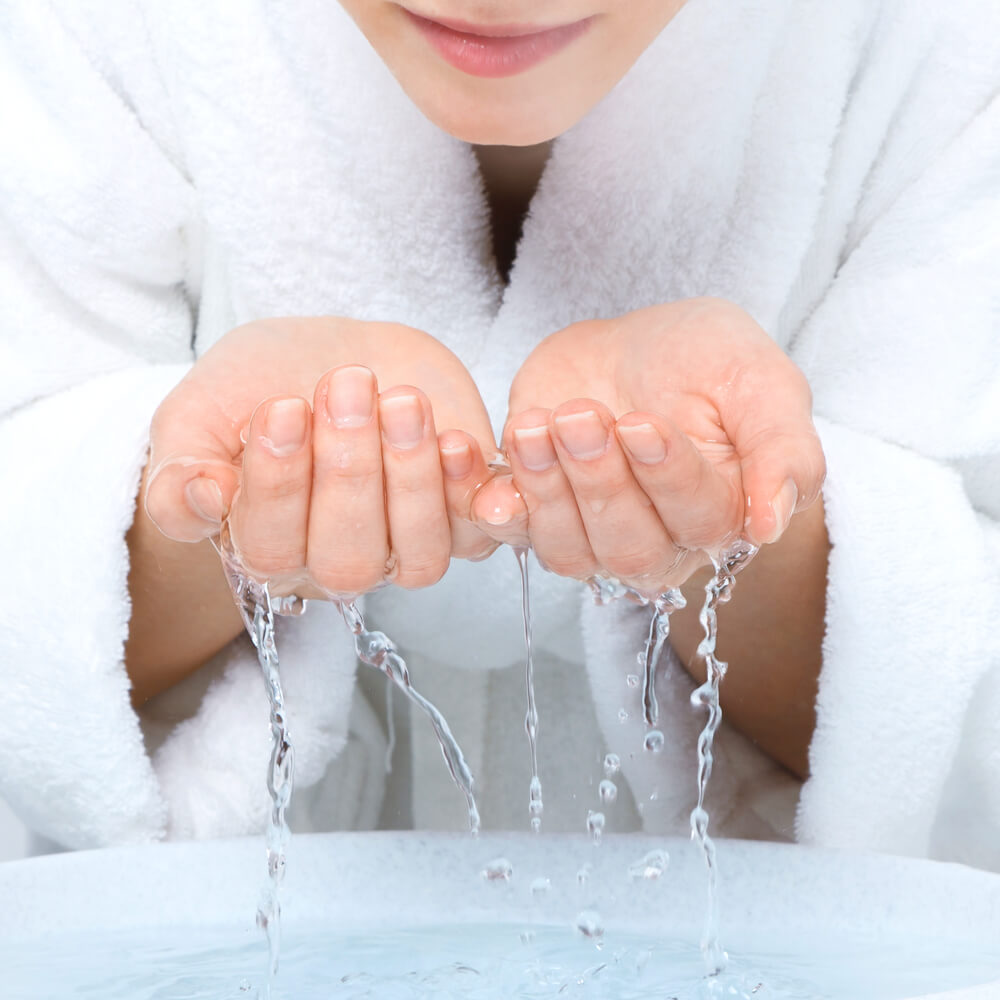 Fall is here and the leaves are starting to drop. Autumn leaves can be a bit of a pain, interfering with your end-of-season mowing and getting in the way. They can also have a negative effect on water quality, but thankfully this is very easy to mitigate. (This does not mean leaves are ruining your water, but it does mean you should manage your leaves properly!)
Fall is here and the leaves are starting to drop. Autumn leaves can be a bit of a pain, interfering with your end-of-season mowing and getting in the way. They can also have a negative effect on water quality, but thankfully this is very easy to mitigate. (This does not mean leaves are ruining your water, but it does mean you should manage your leaves properly!)
How Fall Leaves Affect Water Quality
Although trees pull as many nutrients out of their leaves as they can before dropping them (this is why fall leaves change color), there are still a lot of nutrients in fallen leaves. Fallen leaves contain a lot of phosphorus and nitrogen. When this washes into stormwater drains or the like, they add too many nutrients to the water, resulting in algal blooms that can be toxic. In rural areas, leaf litter is well distributed and most of those nutrients go back into the trees, but in urban areas it can be an issue. It can also be an issue if you have a well.
You should, therefore, manage your fallen leaves properly so as to keep them from causing problems for either yourself (if you have a well) or communities downstream.
What Should You Do About the Fall Leaves?
First of all, trees are extremely valuable and give a lot of benefits. You should not remove trees to protect your water. Instead, you should take proper care of the fallen leaves to reduce the issues caused. So, what should you do about those leaves? It depends on where they are and how many. Leaves that have fallen around the trees or onto your lawn should be mulched. You can do this with a lawnmower attachment. Breaking up the leaves causes them to stay put and then the nutrients in them are absorbed by your plants, which is every bit as good as store-bought fertilizer. However, if your yard has a lot of leaves, you want to rake them up, bag them, and remove them.
If you have a compost heap, you can add some of the leaves to it. If not, then put them out for curbside pickup or take them to a yard waste disposal site. Don’t throw leaves in the trash; when you take them to disposal, they will be used for mulch in parks and public areas.
Leaf Litter
If you have a well, remove the leaf litter around the well itself and either dispose of it or mulch it in other areas of your yard.
Do not rake your leaves into the street. In fact, ideally, you should bag and compost the leaves that fall there naturally, although street sweepers can help. Leaves that end up in the gutter end up in the storm drain and cause problems in the entire watershed. Depending on how your area does leaf pickup, you may be able to rake them to the edge of your lawn and have them picked up. Also keep leaves off your driveway.
Last, but not least, don’t forget to clean leaves out of your house’s gutters so they can do their job and you don’t end up with water in your foundation. Leaves can affect water quality, but they are also a valuable resource that can help your yard grow better in the following spring. Ideally, keep your leaves in the cycle by mulching or composting them, if you have too many then make sure they are taken to yard waste disposal for use by the city. Leaves are a natural part of the world but should be properly managed.
Learn More About Fall Leaves Affecting Water Quality
Using whole house water filtration will keep anything the leaves cause to grow out of your drinking water, especially if you have a well. If you are looking into a whole house water filter or water softener, contact Advanced Water Softening today.





